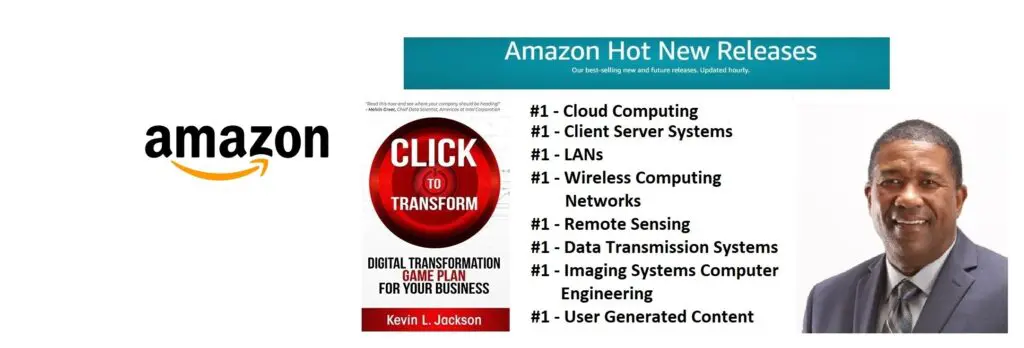Twitter Feed
Operation Golden Phoenix
This week, Dataline is participating in Operation Golden Phoenix. Operation Golden Phoenix is a four-day multi-agency collaborative training event designed to assist federal, state and local agencies with large and…
DISA Reaches out to Industry on Cloud Computing
In an interview with Computerworld , published in the New York Times, John Garing expanded on his goals for the DISA cloud computing initiative. Garing said that, “… he and…
Cloud Computing is $160B Market
According to the Financial Post, a Merrill Lynch Note estimates that cloud computing could be a $160B market by 2011. The companies that they see in the marketplace are shown…
SOA-R Educational Series: What is Cloud Computing
On July 16th, SOA-R held it’s first of six educational sessions on cloud computing for national security missions. Presenters during this first event were: Steven L Armentrout, PhDPresident & CEOParabon…
Gartner: Cloud Computing Fraught with Security Risks
Cloud computing is fraught with security risks, according to analyst firm Gartner. Smart customers will ask tough questions, and consider getting a security assessment from a neutral third party before…
The Definition of “Net-centric”
Last week, the Google Cloud Computing Group debated the definition of net-centric. The key thought was that net-centric was nothing more than internet-centric or basically “online” and therefore it really…
Cloud Computing Journal Launched
“The world’s first journal devoted to the delivery of massively scalable IT resources as a service using Internet technologies has been launched by SYS-CON Media. The all-new “Cloud Computing Journal”…
SOA-R First Session Presentations Announced
The presentations for the first session of the SOA-R Educational Series sesion have just been announced: Steven L Armentrout, PhDPresident & CEOParabon Grids, Clouds and Computation: Getting to Ground Truth…
Cloud Storage as a Service
In SAN vs cloud storage – a gray or silver lining? , Joseph Hunkins review last December’s observations of cloud storage by Chris Mellor of Techworld: “Google does not use…
Google: Model for the Systems Architecture of the Future
In December of 2005, Prof. Paul A. Strassmann of George Mason University, provided an excellent outline for cloud computing success in a netcentric environment: Network-Centric Requirements (2010)• Downtime ( 1…
4 Factors Driving Digital Transformation ROI
The critical assessment factors for cloud ROI risk probability are the following:
- Infrastructure utilization
- Speed of migration to cloud
- Ability to scale business/mission processes
- Quality delivered by the new cloud-based process
These four factors directly drive digital transformation ROI because they affect revenue, cost, and the time required to realize any investment return. Differences between actual and projected values in these metrics indicate a likely failure to achieve the desired goals.
Although business alignment is always a primary digital transformation drive, ROI remains a key decision component. This metric should, however, be addressed from multiple vantage points to include cloud workload utilization, workload size versus memory/processor distribution and the virtual hardware instance to physical asset ratio.
Value delivered through innovation should also be part of the business value calculation. Value can be delivered through operational cost reductions, optimization of resource capacity, and a reduced total cost of ownership. Business process time reductions, product quality improvements and customer experience enhancements are also useful outcomes.
Security Controls
Business/mission model changes can also introduce operational risk. Acceptance of these risk are based on executive risk tolerance. Their risk mitigation decisions result in the implementation of security controls. A control will restrict a list of possible actions down to what is allowed or permitted by the organization. Encryption, for example, can be used to restrict the unauthorized use of data.
The security control continuum extends over three categories:
- Management (administrative) controls: policies, standards, processes, procedures, and guidelines set by corporate administrative entities (i.e., executive to mid-level management)
- Operational (and physical) controls: operational security (execution of policies, standards and process, education, and awareness) and physical security (facility or infrastructure protection)
- Technical (logical) controls: Access controls, identification and authentication, authorization, confidentiality, integrity, availability, and non-repudiation
They also encompass the following types:
- Directive controls: often referred to as administrative controls, advise employees of the behavior expected of them during their interfaces with or use of information systems
- Preventive controls: include physical, administrative, and technical measures that preclude actions that violate policy or increase the risk to system resources
- Deterrent controls: use warnings and a description of related consequences to prevent security violations
- Compensating controls: Also called an alternative control, a mechanism that is put in place to address security requirements deemed impractical to implement
- Detective controls: Refer to the use of practices, processes, and tools that identify and possibly react to security violations
- Corrective controls: involves physical, administrative, and technical measures designed to react to a security-related incident in order to minimize the opportunity for an unwanted event to reoccur
- Recovery controls: restore the system or operation to a normal operating state once integrity or availability is compromised
The costs associated with the implementation of any security control should be weighed against the value gained from digital transformation business/mission process improvements.
Would you like to learn more about digital transformation innovation? Pick up a copy of my new book, Click to Transform!Â

Cloud Computing
- CPUcoin Expands CPU/GPU Power Sharing with Cudo Ventures Enterprise Network Partnership
- CPUcoin Expands CPU/GPU Power Sharing with Cudo Ventures Enterprise Network Partnership
- Route1 Announces Q2 2019 Financial Results
- CPUcoin Expands CPU/GPU Power Sharing with Cudo Ventures Enterprise Network Partnership
- ChannelAdvisor to Present at the D.A. Davidson 18th Annual Technology Conference
Cybersecurity
- Route1 Announces Q2 2019 Financial Results
- FIRST US BANCSHARES, INC. DECLARES CASH DIVIDEND
- Business Continuity Management Planning Solution Market is Expected to Grow ~ US$ 1.6 Bn by the end of 2029 - PMR
- Atos delivers Quantum-Learning-as-a-Service to Xofia to enable artificial intelligence solutions
- New Ares IoT Botnet discovered on Android OS based Set-Top Boxes
